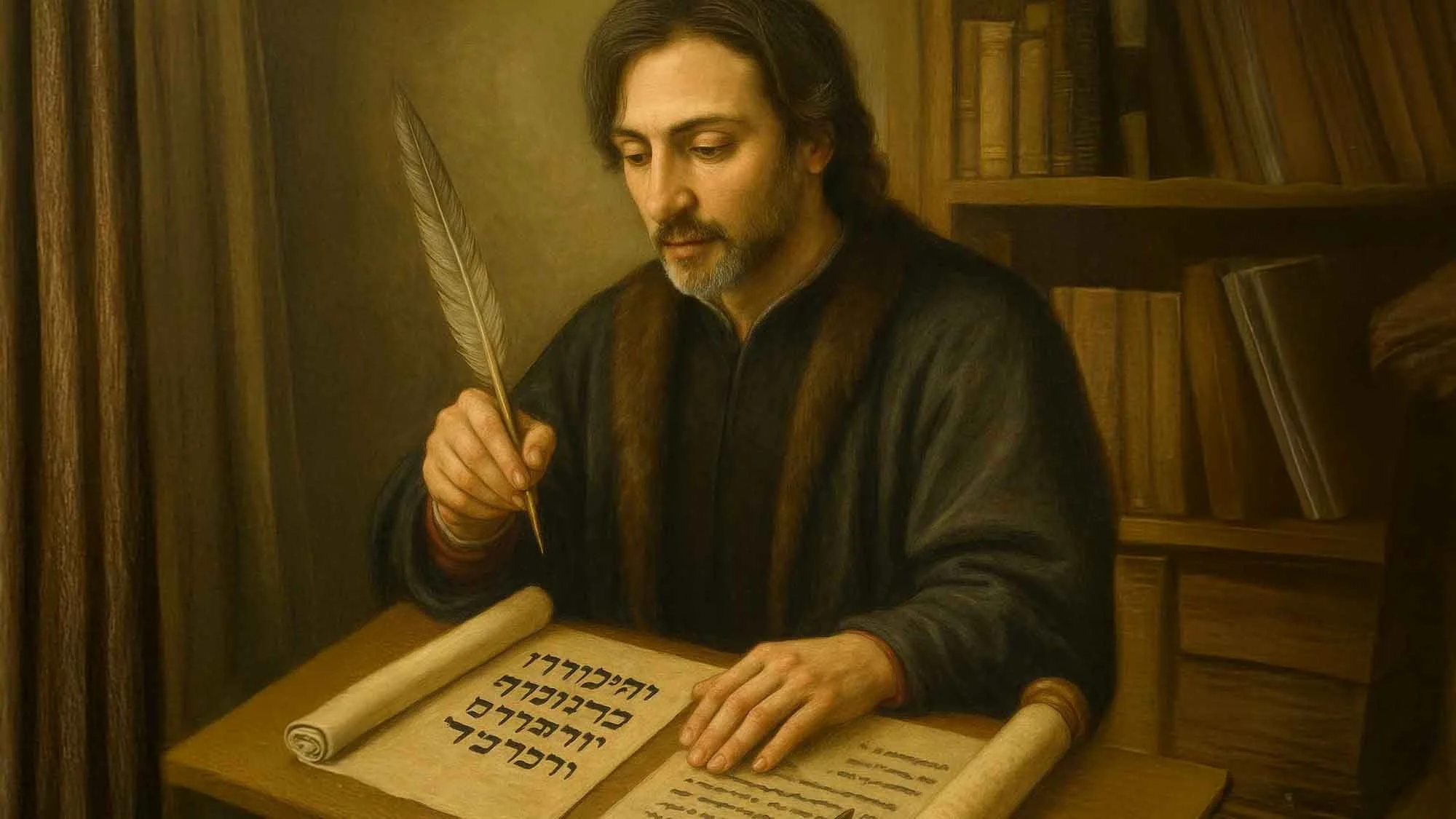When Words Change Worlds
Every translation is an interpretation. Every interpretation left its fingerprints on history.
Ancient Hebrew and Greek texts did not arrive in English intact. They passed through Latin, German, and centuries of human judgment, accumulating thousands of small decisions along the way.
Almah becomes “virgin” instead of “young woman.” Arsenokoitai becomes "homosexual" instead of... well, nobody's quite sure what Paul meant when he coined that word. Single choices, multiplied over time, reshape entire cultures.
Translators worked across cultural distance and near-equivalent words. In the crossing, meanings shifted and context collapsed.
But those shifts aren’t lost to us. We can follow the words back to their sources and see how meaning changes as they pass from one world to another. Follow that path far enough, and a very human story comes into focus.
This site follows that trail.




